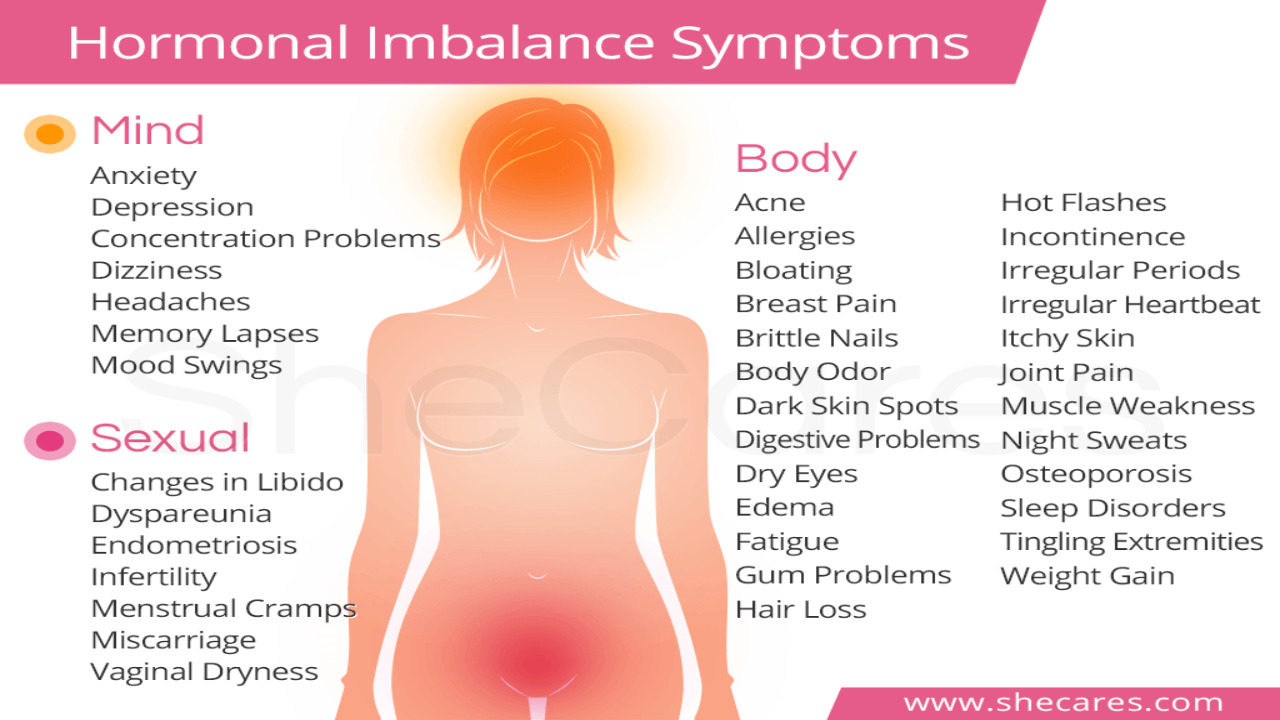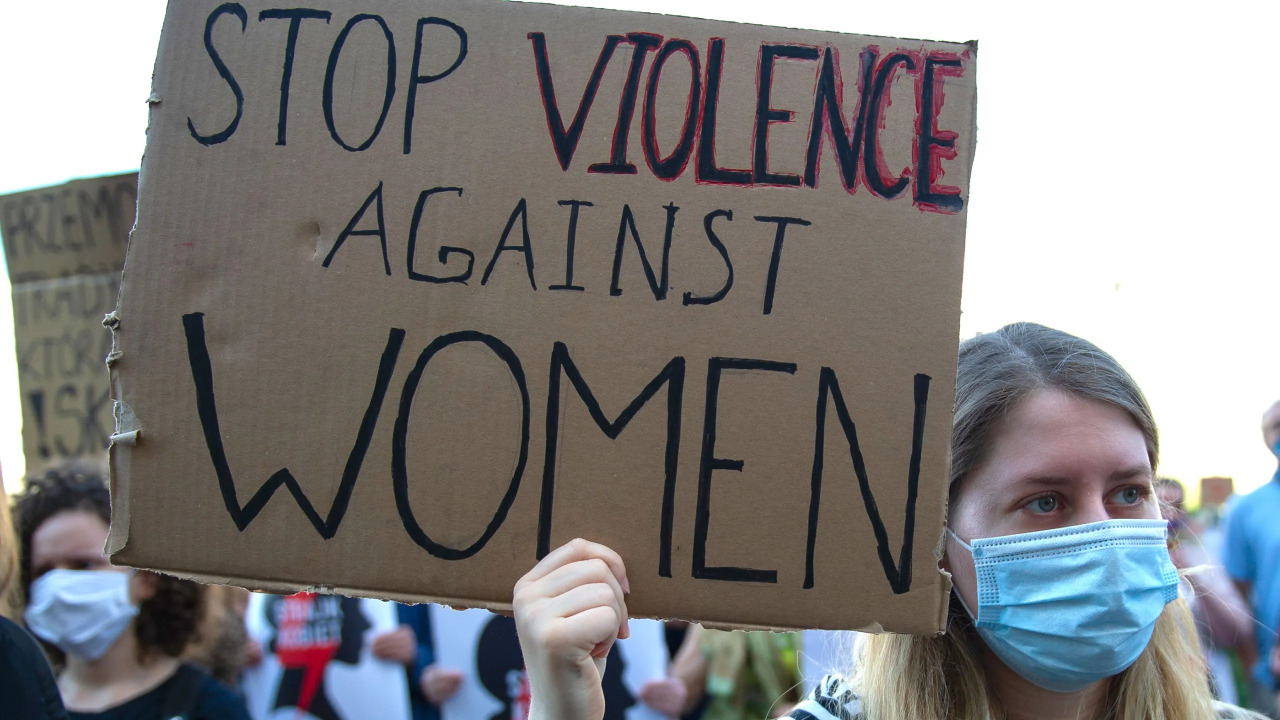Women’s issues encompass a wide range of concerns and challenges that specifically affect women in various aspects of their lives. These issues can be social, political, economic, and health-related. Understanding and addressing women’s issues is crucial for achieving gender equality and empowering women to lead fulfilling lives. In this article, we will explore some of the key women’s issues.
Hormonal Imbalances and Reproductive Health

Hormonal imbalances are a common women’s health concern that can affect physical and mental well-being. Fluctuations in hormone levels throughout a woman’s life, such as during puberty, menstruation, pregnancy, and menopause, can lead to various symptoms and conditions. Examples include premenstrual syndrome (PMS), polycystic ovary syndrome (PCOS), and hormonal imbalances associated with menopause. Raising awareness, providing access to healthcare, and supporting research on hormonal health are crucial for addressing these issues. All of these issues can be also managed or addressed by taking women’s supplements. Visit this website for more information.
Gender Inequality and Discrimination
Gender inequality remains a pressing issue that affects women around the world. Despite significant progress in recent decades, women continue to face various forms of discrimination, including unequal pay, limited career opportunities, and underrepresentation in leadership positions. Women’s rights advocates strive to combat these disparities by promoting equal opportunities and challenging discriminatory practices in education, employment, and politics.
Violence Against Women

Violence against women is a grave violation of human rights and a significant women’s issue. It takes various forms, including domestic violence, sexual assault, female genital mutilation, and human trafficking. These acts of violence have severe physical, psychological, and emotional consequences for the victims. To combat this issue, there is a need for comprehensive legal frameworks, awareness campaigns, and support systems to protect and empower survivors, as well as efforts to challenge societal attitudes that perpetuate violence against women.
Access to Education and Healthcare
Access to quality education and healthcare is fundamental for women’s empowerment and well-being. In many parts of the world, women still face barriers to education, including gender stereotypes, child marriage, and limited resources. Lack of education limits their economic opportunities and perpetuates the cycle of poverty. Similarly, unequal access to healthcare, including sexual and reproductive health services, undermines women’s rights and hampers their overall health. Addressing these issues requires investments in educational infrastructure, policies promoting gender equality, and the provision of affordable and accessible healthcare services.
In conclusion, women’s issues encompass a broad range of challenges that women face in various aspects of their lives. Achieving gender equality and empowering women requires addressing these issues through comprehensive efforts at the social, political, economic, and health levels. By tackling gender inequality, supporting women’s reproductive health, combating violence against women, and ensuring access to education and healthcare, societies can create a more equitable and inclusive environment where women can thrive. It is essential to continue raising awareness, advocating for change, and fostering a supportive and inclusive society for women everywhere.